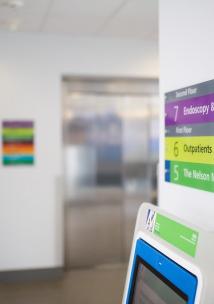Hospital Discharge during Covid 19 - Report 2020

Downloads
The research consisted both of in-depth interviews with key staff groups involved in the discharge process and a survey which gathered the experiences of more than 500 patients and carers across England from late March to late August.
Understandably, the findings show patients are very grateful to hard-working doctors, nurses and care staff for continuing to deliver compassionate care in difficult circumstances during the pandemic. Increased collaboration between services was also identified as a positive outcome of the new guidance.
However, among other areas for concern:
- 82% of respondents did not receive a follow-up visit and assessment at home, one of the key recommendations of the new policy. Almost one in five (18%) of those also reported having unmet needs, such as equipment, medication or advice.
- Some people felt their discharge was rushed, with around one in five (19%) feeling unprepared to leave hospital.
- Over a third (35%) of respondents and their carers did not get a contact for further advice, despite this being a recommendation within the policy.
As a result of the findings, recommendations from Healthwatch and the British Red Cross ahead of winter to help manage the second wave of COVID-19 hospital admissions include:
- Post-discharge check-ins: services should ensure these take place as per policy, whether by phone or in person.
- Discharge checklists: questions should include transport home, and equipment required.
- Communication: patients and carers should be assigned to a single point of contact for further support, in line with the national policy.
- Medication: linking patients to voluntary sector partners who can deliver medicine could avoid discharge delays. Pharmacists should also be considered as part of multi-disciplinary teams supporting in the community.
- Read the full report below:

